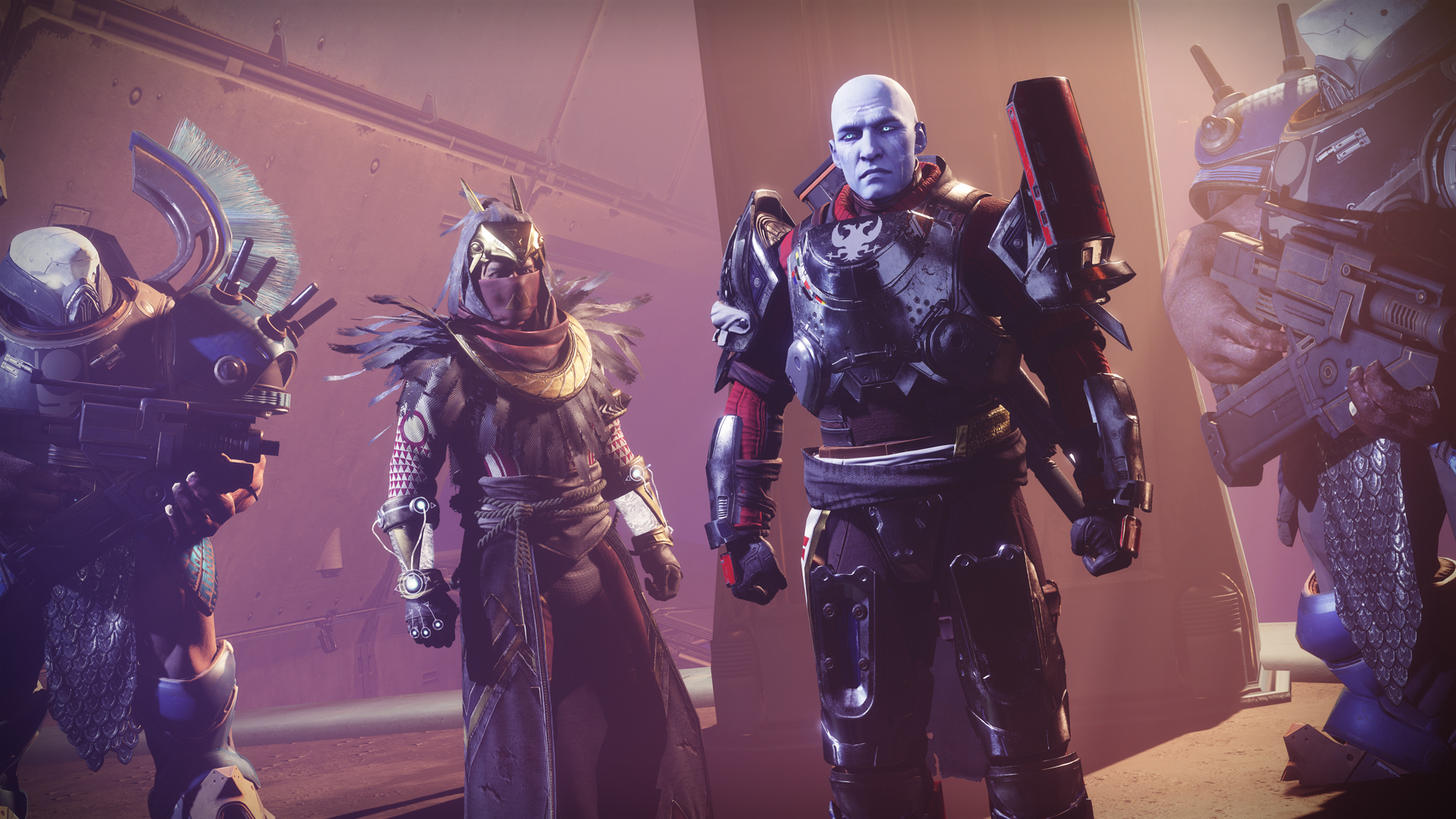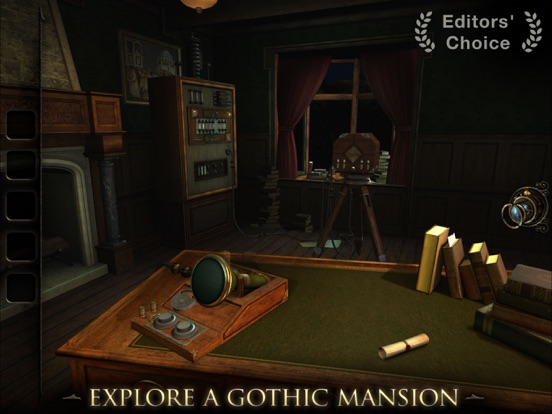

The conscious experience of deciding to act, which we usually associate with free will, appears to be an add-on, a post hoc reconstruction of events that occurs after the brain has already set the act in motion. It was already known that electrical activity builds up in a person’s brain before she, for example, moves her hand Libet showed that this buildup occurs before the person consciously makes a decision to move. Many scientists say that the American physiologist Benjamin Libet demonstrated in the 1980s that we have no free will. The same holds true for brain structure: Cases of ordinary adults becoming murderers or pedophiles after developing a brain tumor demonstrate how dependent we are on the physical properties of our gray stuff. We know that changes to brain chemistry can alter behavior-otherwise neither alcohol nor antipsychotics would have their desired effects. But there is also agreement in the scientific community that the firing of neurons determines not just some or most but all of our thoughts, hopes, memories, and dreams. Brain scanners have enabled us to peer inside a living person’s skull, revealing intricate networks of neurons and allowing scientists to reach broad agreement that these networks are shaped by both genes and environment. In recent decades, research on the inner workings of the brain has helped to resolve the nature-nurture debate-and has dealt a further blow to the idea of free will. Whether scientists supported one, the other, or a mix of both, they increasingly assumed that our deeds must be determined by something. Are our actions the unfolding effect of our genetics? Or the outcome of what has been imprinted on us by the environment? Impressive evidence accumulated for the importance of each factor. Galton launched a debate that raged throughout the 20th century over nature versus nurture. So our ability to choose our fate is not free, but depends on our biological inheritance.Ĭheck out more from this issue and find your next story to read. But we use those faculties-which some people have to a greater degree than others-to make decisions. Shortly after Darwin put forth his theory of evolution, his cousin Sir Francis Galton began to draw out the implications: If we have evolved, then mental faculties like intelligence must be hereditary. This shift in perception is the continuation of an intellectual revolution that began about 150 years ago, when Charles Darwin first published On the Origin of Species.

The sciences have grown steadily bolder in their claim that all human behavior can be explained through the clockwork laws of cause and effect. As Barack Obama wrote in The Audacity of Hope, American “values are rooted in a basic optimism about life and a faith in free will.” It permeates the popular culture and underpins the American dream-the belief that anyone can make something of themselves no matter what their start in life. Today, the assumption of free will runs through every aspect of American politics, from welfare provision to criminal law. If we are not free to choose, he argued, then it would make no sense to say we ought to choose the path of righteousness. The great Enlightenment philosopher Immanuel Kant reaffirmed this link between freedom and goodness.

In the Christian tradition, this is known as “moral liberty”-the capacity to discern and pursue the good, instead of merely being compelled by appetites and desires. Our codes of ethics, for example, assume that we can freely choose between right and wrong. F or centuries, philosophers and theologians have almost unanimously held that civilization as we know it depends on a widespread belief in free will-and that losing this belief could be calamitous.


 0 kommentar(er)
0 kommentar(er)
